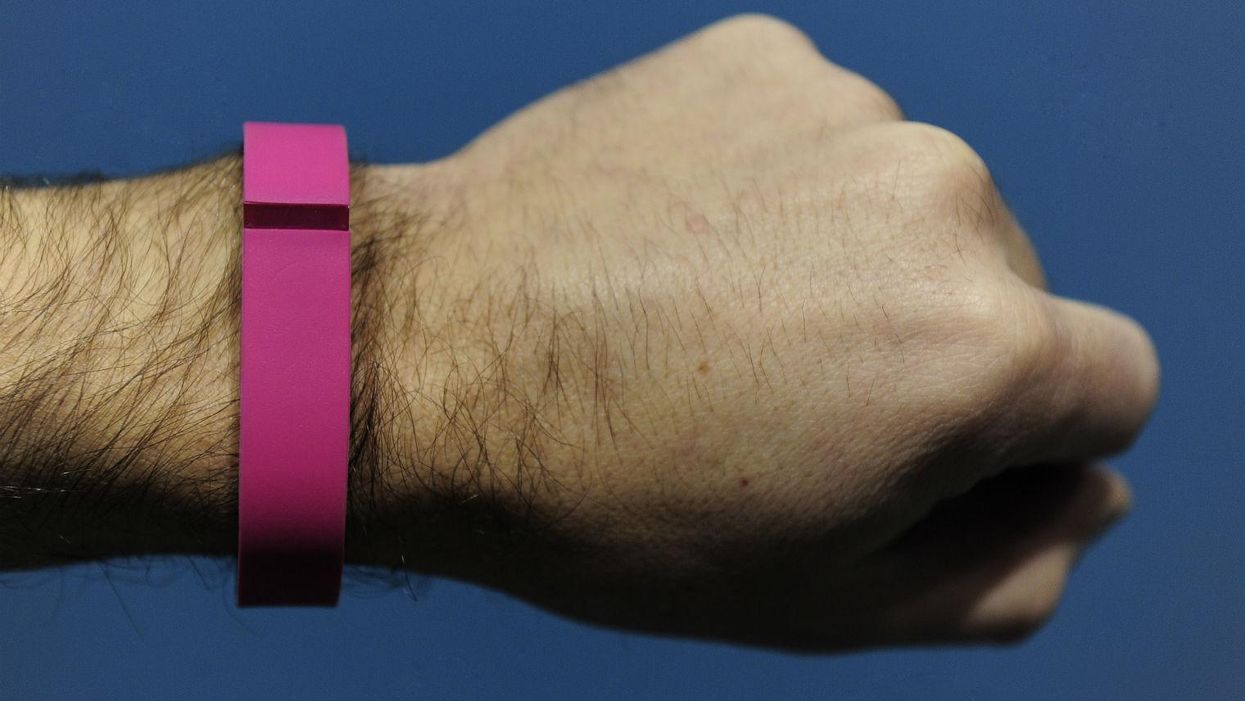Science & Tech
Olivia Loveridge-Greene
Feb 10, 2016

Fitness trackers proved to be rather popular in 2015, with a grand total of three million sold in the UK.
However, as Dr David Ellis, lecturer at Lancaster University, and Lukasz Piwek, research associate at University of Bath, point out on The Conversation there appears little evidence to suggest that owning a device which records every step, calorie and sleep pattern will actually make you any healthier.
Dedication
Surprisingly, the trackers are more likely to be bought by individuals who already lead a healthy lifestyle and just wish to track their progress. When you think about it, if you’re a coach potato there appears little, if any incentive to spend £30, for hourly confirmation that you are indeed, lazy.
It would appear that the need to charge them on a regular - sometimes daily - basis, proves too much of a commitment resulting in more than one in three users giving up on the device after six months. The figure then increases to 50 per cent within a year.
Existing health conditions and the unattractive features of ageing are other reasons as to why the novelty wears thin.
Technicalities
Of course, choosing to opt out will ultimately lead to the failure of the healthier lifestyle promised by the device. However, even when individuals remain committed to the bitter end can experience warped results.
Like any other accessory, the trackers come in a variety of shapes, colours and sizes but a study by Iowa State University in 2014 found that many devices are not accurate and some have never been tested before. When accuracy levels were compared on different devices, error rates reached as high as 25 per cent, which of course can be disheartening.
Some have even gained weight when using a device and follow its calorie guidelines.
As the two researchers point out, when using the device, the consumer is only allowed to view summary statistics while the “raw data” is stored by the manufacturer and regularly sold to other organisations. This makes it unclear as to whether the data is safe, lost, stolen or distorted.
Furthermore, the data often relies on single reports rather than a collective branch of studies, which appear to offer the individual the support of consultations with healthcare professionals. This improves the progress of the person using the device and ultimately the effectiveness of the device.
Alternatives
To add further insult to injury, a study published by the Journal of the American Medical Association (JAMA) on Tuesday, suggested that significantly cheaper apps on a smartphone do the job just as well, or even better in terms of measuring steps and calories.
More: This man managed to record the exact moment his heart broke
More: It's 2015 so of course there's a device to track the fitness of your vagina
Top 100
The Conversation (0)













